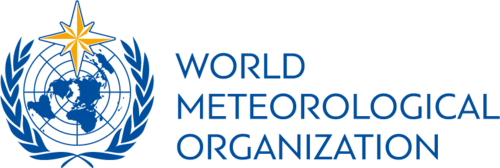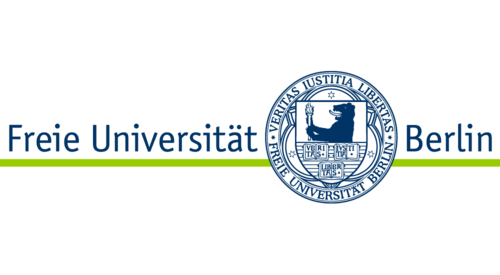Session 1: Risk knowledge and management (26 Feb, 19-23 UTC)
| Convener: | Julio Postigo (Indiana University, USA), Joanne Robbins (Met Office, UK), Machiel Lamers (Wageningen University, Netherlands) |
Knowledge about risk is an essential component in the provision and use of early warning systems. For early warning systems to be salient and effective they need to be built on, and connected to, locally-grounded or indigenous understandings of hazards, vulnerabilities, livelihoods, and exposure to weather dynamics, in order to situate disaster warnings to specific contexts. Risk knowledge and management is thereby not just the domain of scientific or professional experts, but most impactful when incorporating a specific focus on understanding risk from the perspective of those who are most vulnerable and those who can help mitigate it. For many groups and communities in the world, particularly in the global south, having access to disaster risk information or accurate forecasts or warnings in an intuitive and actionable format is no guarantee. Many countries do not have early warning systems as part of national legislation and regulatory frameworks for emergency response, despite the rising need for effective information systems.
This session calls for presentations on experiences from around the globe on:
-
the inclusion of different types of knowledge in the provision of early warnings,
-
practical examples of how to make early warnings available for vulnerable groups,
-
studies on the political and governance implications of risk knowledge,
-
research on the socioeconomic benefits of multihazard early warning systems






